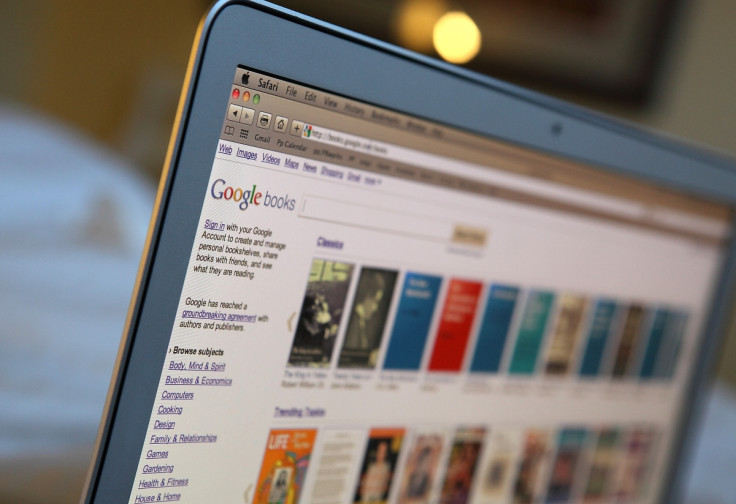Google Books: Authors Guild appeals in US Supreme Court seeking compensation

The Authors Guild, America's oldest organisation for writers, has filed a petition in the US Supreme Court seeking the review of a lower court ruling that allowed Google to scan and post copyrighted books without the author's permission. On 16 October 2015, the United States Court of Appeals for the Second Circuit ruled that the internet giant's book-scanning project was "fair use", ending a decade-long battle.
Google launched Google Books in December 2004 and began scanning books from leading research libraries to create a searchable online database. Unhappy with the project, the Authors Guild and a group of writers filed a lawsuit against Google in September 2005 alleging copyright infringement. The Association of American Publishers also sued Google over the same issue.
In collaboration with libraries across the world, Google has created digital copies of millions of books. In return, libraries get a digital copy of the books and users of the libraries are able to search for texts in books. It is not clear what Google does with the digital versions of the books besides allowing internet users to search for books and texts.
The Authors Guild termed the lower court ruling as "flawed" and said it also failed to see the damaging effect of Google Books. "Google copied books illegally — without permission, and because it could. It was inconvenient for it to seek permission, so it's that simple. Its actions cannot be justified after the fact just because Google Books uses the books to provide a research service in addition to the many other uses it has made for profit," said Mary Rasenberger, executive director of the Authors Guild and a copyright attorney.
"Even so we're not asking for Google Books to be shut down. All we're asking is for authors to be compensated, if they wish, for the value their works bring to Google. We want to make that very clear. Our members are some of the biggest users of Google Books."
Roxana Robinson, president of the Authors Guild, said: "Authors effectively taught Google how to read. Our books helped Google better recognise and respond to natural language, which is essential to the success of its search function. Google has undoubtedly profited handsomely off of our books just from its internal uses of them, and it didn't have the decency to pay authors a cent — or even to ask permission."
"The fact that Google Books is a useful research tool for the public does not justify Google's unauthorized profiting from the books any more than the mass copying and selling of educational books is a justified infringement. In either case, the immediate social benefit comes at a huge cost — a weakening of the foundations of copyright law," added Rasenberger.
© Copyright IBTimes 2024. All rights reserved.





